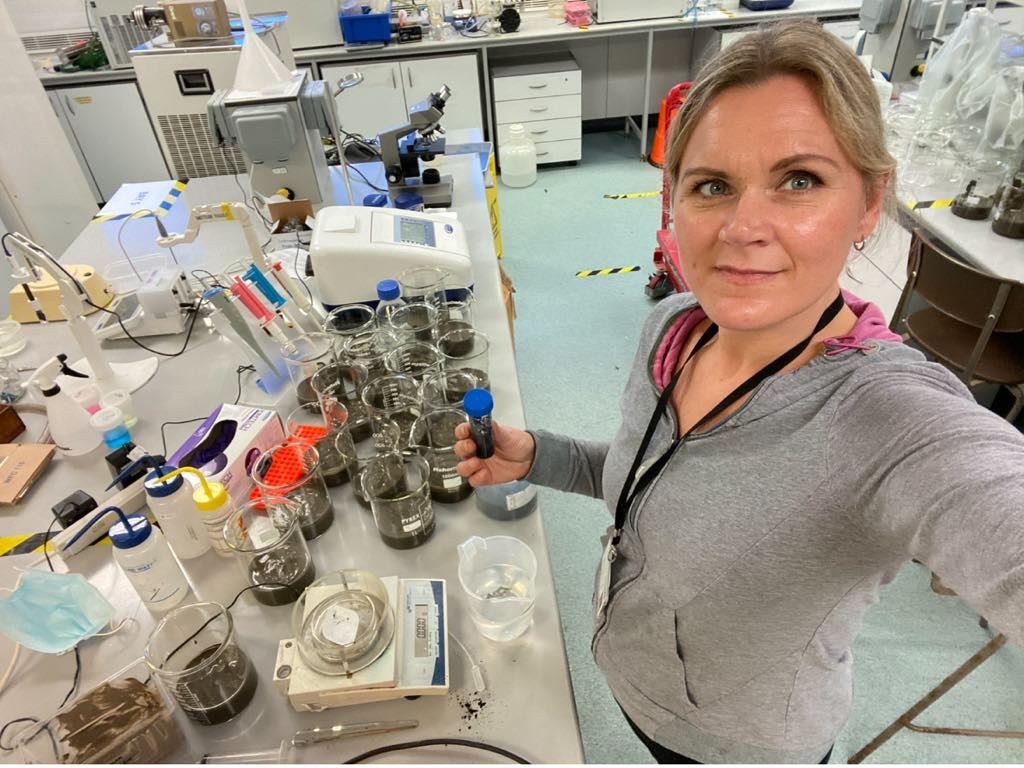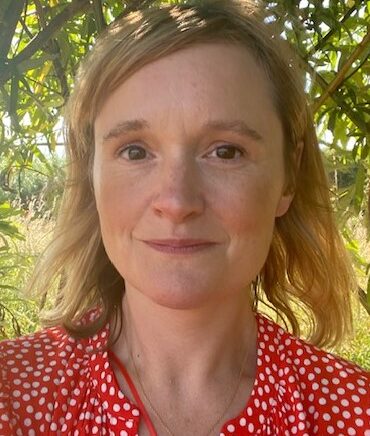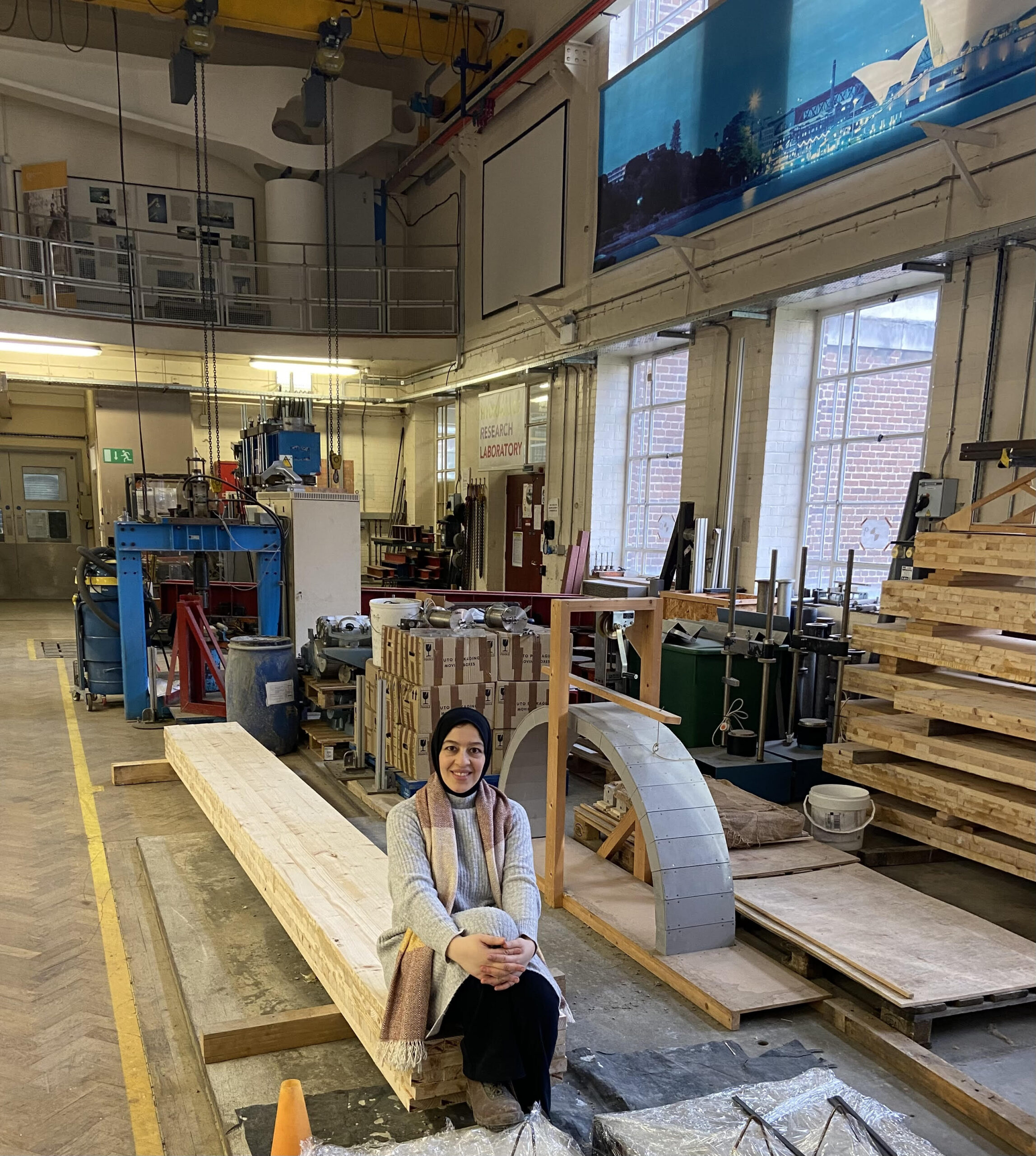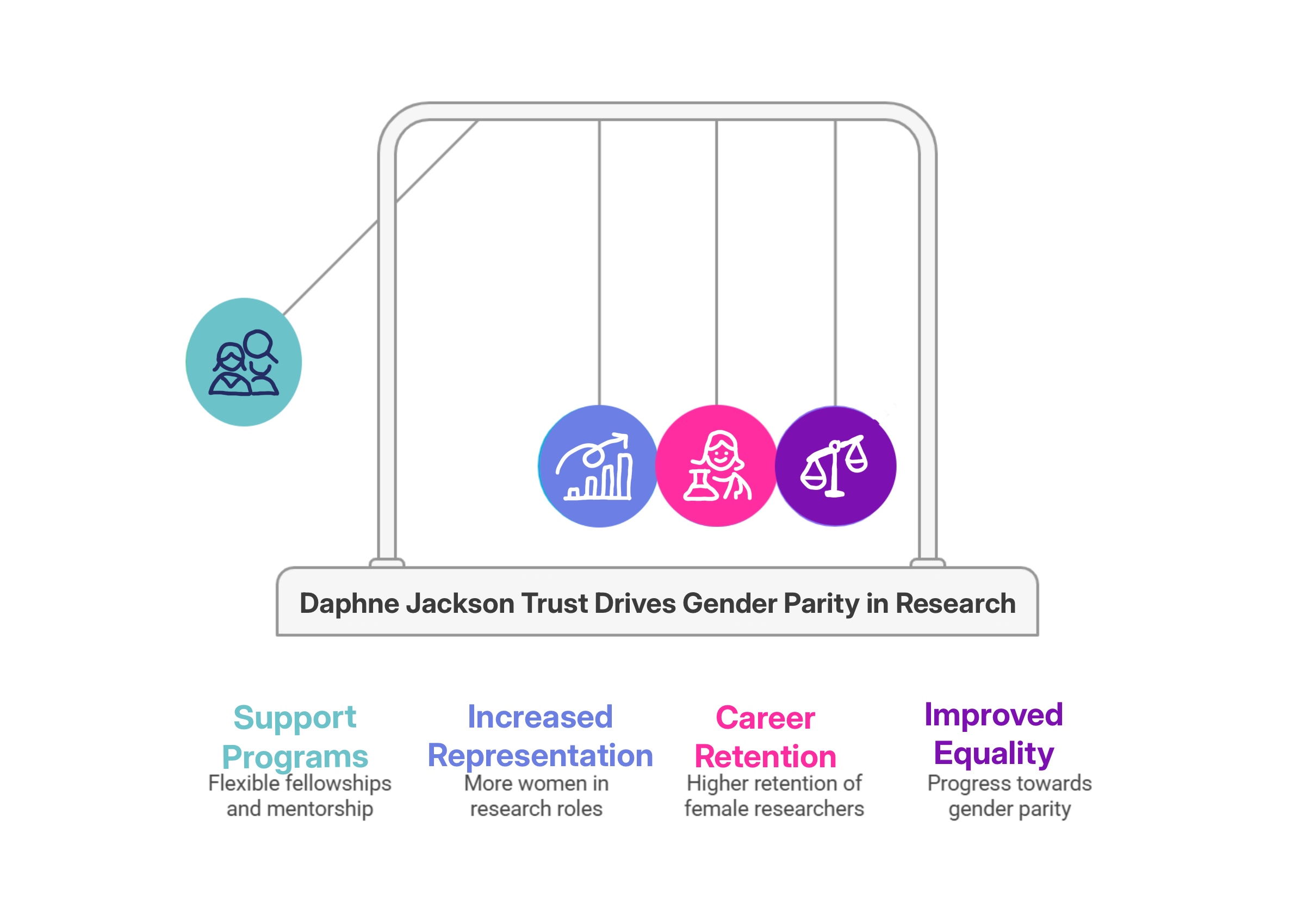Some of the biggest challenges our returners face are structural barriers that make them uncompetitive on the job market. In research, techniques evolve quickly and publications are a key component of your CV. People hoping to return to research repeatedly find that there is a candidate with more recent publications or expertise in more up-to-date techniques, making it difficult for researchers who have been out of the workforce to break back in. Yet, often, these researchers have not only years of experience and training, but also the drive and capacity to re-train and launch a new career.
Dr Samantha Garrard is a former Daphne Jackson Fellow in marine biology, funded by the National Environmental Research Council (NERC) and based at the University of Plymouth and Plymouth Marine Laboratory. Though she encountered many of these structural barriers when first attempting to get back into the workplace, with the help of the Daphne Jackson Trust she returned to research and is now a Senior Marine Ecosystem Services Researcher at Plymouth Marine Laboratory.

Difficulty returning
After completing her PhD in marine biology in Italy, Sam took research positions in the UK and Ascension Island. She found herself struggling to balance her children’s needs with the demands of fieldwork and post-doctoral research, and decided to take a career break with the intention of returning.
As the children became older and I could see myself being able to work again without impacting their childhood, I realised that getting back into science wasn’t easy. I applied for anything I felt was slightly suitable, but to no avail.
“The Daphne Jackson Fellowship provided me the opportunity to come back and prove myself again. Without it, there is no chance that I would have got back to a career in research.”
After applying for several research positions, Sam decided to apply for jobs with local government. Whilst these were again unsuccessful, one job interview required that she put together a presentation on plastic pollution in the UK. As she studied this topic, her passion for research reignited.
Sam’s research
Sam undertook her Daphne Jackson Fellowship between 2020-2023. For the first two years she worked as an ecotoxicologist assessing the impact of plastic pollution on marine invertebrates.
With some luck, and extra funding from Plymouth Marine Laboratory and NERC, she was able to extend that fellowship to move to Plymouth Marine Laboratory, where she assessed the risk of different types of plastic pollution to marine biodiversity and ecosystem services (the benefits humans get from nature).
“The pervasive use of plastic in modern society has led to plastic becoming ubiquitous within the marine environment. Plastic is a transboundary pollutant and represents a complex mixture of items, ranging from microplastics to household plastics to discarded fishing nets. These different items can have widely differing impacts on marine wildlife.
With plastic production showing no sign of slowing, and plastic leakage continuing, these impacts will escalate. Understanding the vulnerability of marine animals to different plastic types can aid in the development of effective interventions to reduce this risk.”
A research career after the Daphne Jackson Fellowship
After she completed her fellowship, Sam stayed at Plymouth Marine Laboratory. She is now a senior research scientist, and her work is becoming increasingly interdisciplinary and publicly relevant.

“I settled into working as a marine ecologist in the Sea and Society team, and I now float between the natural and social sciences, developing my repertoire of science techniques. I have attended INC-2 of the Global Plastics Treaty and have contributed to the UK Plastics Treaty Dialogues. I have also written several articles on plastic pollution for the Conversation.”
She continues to work flexibly four days a week and maintain a work-life balance.
“The Daphne Jackson fellowship has been instrumental in regaining my confidence and progressing my career. I don’t believe I would have a career without it.”
Are you interested in applying for a Daphne Jackson Fellowship? We have a currently opportunity open with the University of Plymouth School of Biological and Marine Sciences in the Centre of Research excellence in Intelligent and Sustainable Productive Systems (CRISPS).



